
GT201 previously received IND clearance from China’s Center for Drug Evaluation in July 2023.

GT201 previously received IND clearance from China’s Center for Drug Evaluation in July 2023.

David Dimmock, MBBS, the chief medical officer at Creyon Bio, discussed future applications for the company’s AI-guided discovery platform.

Scott Jeffers, PhD, the chief technology officer at GenSight Biologics, discussed using Verdot’s FlexiPro system to produce Lumevoq gene therapy.
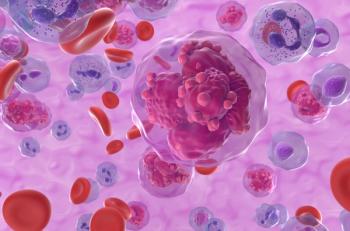
Among the treated patients, the complete response (CR) rate in adults was 82% and the CR rate in children was 93%.

David Dimmock, MBBS, the chief medical officer at Creyon Bio, discussed findings from a patient treated for a TNP02 missense mutation.
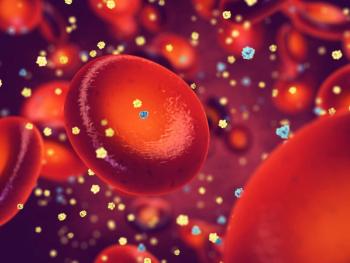
Amarna noted that the meeting, which took place on July 31, 2024, provided the company with feedback on the overall development plan for AM510.

Catch up on the latest news, breakthroughs, and announcements from biotechnology companies making advancements in cell and gene therapies.

David Dimmock, MBBS, the chief medical officer at Creyon Bio, discussed the development of an allele-selective ASO for a single patient with a de novo pathology.

The NMPA’s decision was made with reference to results from the phase 2 CARTIFAN-1 clinical trial (NCT03758417), which took place at multiple sites in China.
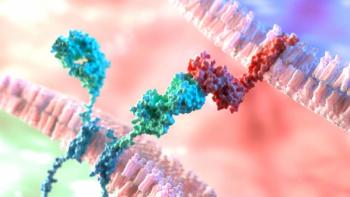
The approved indication specifically covers adults with r/r MCL who have previously been treated with at least 2 lines of systemic therapy including BTKis.

Mark Walters, MD, a professor in residence for pediatrics at the Sickle Cell Center of Excellence at the University of California discussed gene therapy’s ongoing transformation of the treatment landscape.
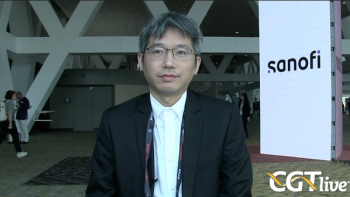
The research scientist at Seattle Children’s Research Institute discussed findings from mouse research he presented at ASGCT’s 2024 conference.

In light of the IND application, Galpagos intends to bring its phase 1/2 ATALANTA-1 clinical trial (NCT06561425), which is currently ongoing in Europe, to the United States.

Jennifer L. Taylor-Cousar, MD, MSCS, a professor of internal medicine and pediatrics at National Jewish Health discussed updated data from the phase 1/2 AEROW trial of 4D-710.

Ignacio Mata, PhD, an associate professor of neurology at the Cleveland Clinic Lerner Institute, discussed the challenges that will need to be overcome to apply gene therapy to a complex neurological disorder like PD.
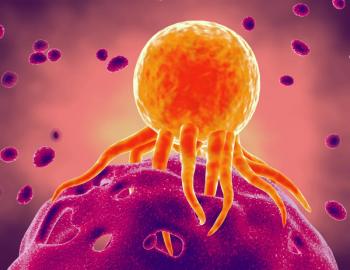
The study was open to patients with advanced GC/GEJ whose disease was not successfully treated with 2 or more previous lines of therapy.

Brian Kim, MBA, the chief executive officer of Mission Bio, discussed the company’s Tapestri platform for single cell sequencing.

The company expects to launch a study during the first half of next year.

Travis Drow, BS, a research scientist at Seattle Children's Research Institute, discussed mouse model research he presented at ASGCT’s 2024 Meeting.
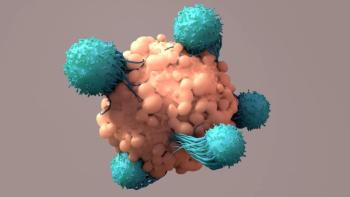
BMS is seeking to expand liso-cel's indication in the European Union to include adult patients with r/r FL who have previously received at least 2 prior lines of systemic therapy.

Anjali Pradhan, MS, the chief product officer at Mission Bio discussed the company’s Genome Editing Solution.

The company noted that the first 3 patients with enhanced host conditioning have been dosed in the CHIRON and THETIS trials evaluating ATL001.

Vanee Pho, PhD, the chief product officer at Mission Bio, discussed the company’s Genome Editing Solution.
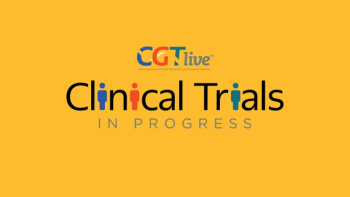
Following up on World Lung Cancer Day, observed annually on the first of August, CGTLive® has decided to take a closer look at this novel cell therapy.

Alexandra Collin de l’Hortet, PhD, the head of therapeutics at Epic Bio, discussed EPI-321, an investigational treatment for facioscapulohumeral muscular dystrophy.

bluebird bio has reported 23 total cell collections for SCD and TDT gene therapies lovo-cel and beti-cel and Vertex Pharmaceuticals has reported approximately 20 cell collections for SCD/TDT gene therapy exa-cel.

The company reported promising early efficacy data from the Acclaim-1 and Acclaim-3 trials, but has discontinued Acclaim-2, citing difficulty enrolling patients.

David Suhy, PhD, the cofounder and chief scientific officer at Earli, discussed the company’s unique approach to cancer diagnosis.

Catch up on the latest news, breakthroughs, and announcements from biotechnology companies making advancements in cell and gene therapies.

Azer-cel was originally developed by Precision BioSciences, but licensed to TG Therapeutics.